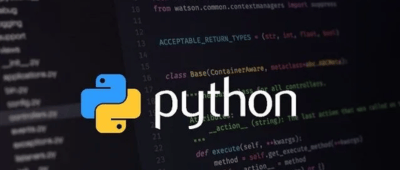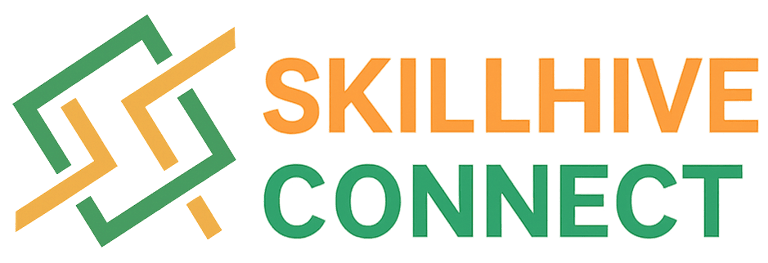🐍 Python Full Stack
Learn full stack development with Python, Django/Flask, REST APIs, and modern JavaScript frameworks.
FULL STACK


🕒 Course Duration: 3 Months
🎯 Target Audience:
Final-year students & fresh graduates
Aspiring backend or full stack developers
Working professionals looking to transition into web development
Beginners looking to start their journey in Python & web technologies
📘 Course Overview:
This hands-on program teaches you to build full stack web applications using Python as the core programming language and Django as the backend framework. You'll learn to work with databases, REST APIs, HTML/CSS, and deployment, making you fully capable of developing, testing, and launching production-ready applications.
📚 Course Modules & Topics Covered
🔹 1. Python Programming Fundamentals
Python syntax, variables, data types
Lists, tuples, dictionaries, sets
Loops, conditionals, and functions
Modules, file handling, and exception handling
Object-Oriented Programming (OOP) in Python
🔹 2. Web Basics (Frontend Essentials)
HTML5, CSS3, and Bootstrap basics
Intro to JavaScript and DOM manipulation
Creating responsive web pages
Django template rendering with HTML
🔹 3. Version Control with Git & GitHub
Git basics: init, clone, commit, push
Creating and managing repositories
Collaborating via branches and pull requests
🔹 4. Django Framework (Backend Development)
Introduction to Django and MVC (MTV) architecture
Setting up Django project and apps
URL routing, views, and templates
Forms handling and form validation
Django Admin Panel customization
Static files and media handling
🔹 5. Database Management
Working with SQLite & PostgreSQL
Django ORM (Object Relational Mapping)
Creating models and migrations
Performing CRUD operations
Using Django QuerySets efficiently
🔹 6. Django REST Framework (DRF)
Building RESTful APIs with Django REST Framework
Serializers and ViewSets
API routing and permissions
Token-based authentication
Consuming APIs using frontend
🔹 7. Authentication & Authorization
Django’s built-in user model
Login, logout, password reset
Custom user registration
Role-based access control
Securing views with decorators and middleware
🔹 8. Frontend Integration with Django
Rendering dynamic content with Django templates
Using Bootstrap to style Django apps
Fetching backend data with JavaScript/AJAX
Building interactive UI with minimal JS
🔹 9. Advanced Backend Features
Sending emails in Django
Pagination, file upload, and media management
Using Celery and Redis for task queues (optional)
Third-party integrations (e.g., payment gateways, maps)
🔹 10. Testing and Debugging
Writing unit and integration tests
Django Test Framework basics
Debugging tools and best practices
🔹 11. Deployment & DevOps Basics
Preparing app for production
Using Gunicorn & Nginx
Deployment on Heroku, PythonAnywhere, or AWS
Using .env files for configuration
CI/CD Pipeline Overview
🔹 12. Capstone Project & Final Assessment
Build a fully functional web application
Use models, forms, APIs, and front-end integration
Host live project on GitHub or cloud
Resume building and interview prep
✅ Outcome:
After completing this course, learners will be equipped to build, deploy, and maintain full stack applications using Python and Django. You'll be job-ready for roles such as Python Developer, Django Developer, or Python Full Stack Developer.


